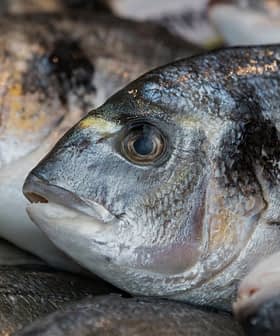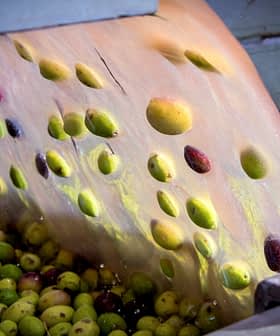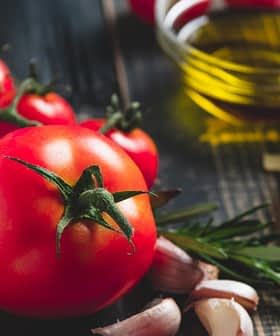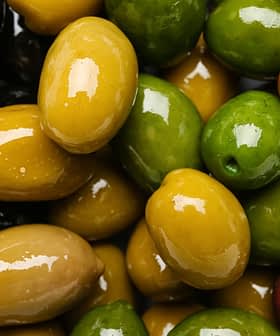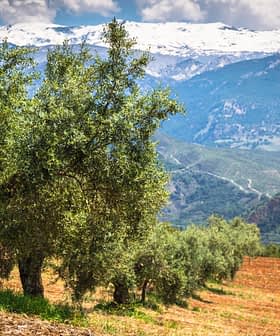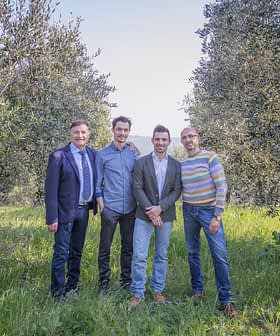Anna Cane Re-Elected as President of Assitol’s Olive Oil Group
Anna Cane was re-elected as president of the olive oil group of the Italian Association of the Edible Oil Industry (Assitol) with three vice-presidents appointed during the same voting session. Cane’s focus remains on enhancing oil products, promoting company know-how, and ensuring the authenticity of extra virgin olive oil through research and communication initiatives.
Anna Cane was re-elected as president of the olive oil group of the Italian Association of the Edible Oil Industry (Assitol) after a unanimous vote by the organization’s assembly of sector entrepreneurs.
Now in her third term, she is being assisted by three vice-presidents appointed during the same voting session: Dora De Santis, quality manager at Agridè; Giorgio Belfiore, Italy sales director at ASA oils and sauces of Flli De Cecco; and Andrea Colavita, raw material purchasing manager and international sales director of Colavita.
Having held several management positions in the olive oil industry, Cane is currently corporate quality coordinator and Italy director of Deoleo, which owns the Bertolli, Carapelli Firenze and Carbonell brands.
The olive oil industry is almost totally built on positive elements: just think about its role in the economy of countries and the extraordinary health properties of extra virgin olive oil.
“Our focus remains the same,” Cane told Olive Oil Times. “We intend to continue our program of enhancing the oil product, in the perspective of food and nutrition, highlighting the work of the companies and promoting their know-how.”
Emphasizing the commitment of Assitol to research, the president claimed that “this is essential to guarantee consumers the authenticity and genuineness of extra virgin olive oil, without forgetting the environmental, economic and social sustainability, as well as the dialogue with institutions and the supply chain, in a collaborative perspective.”
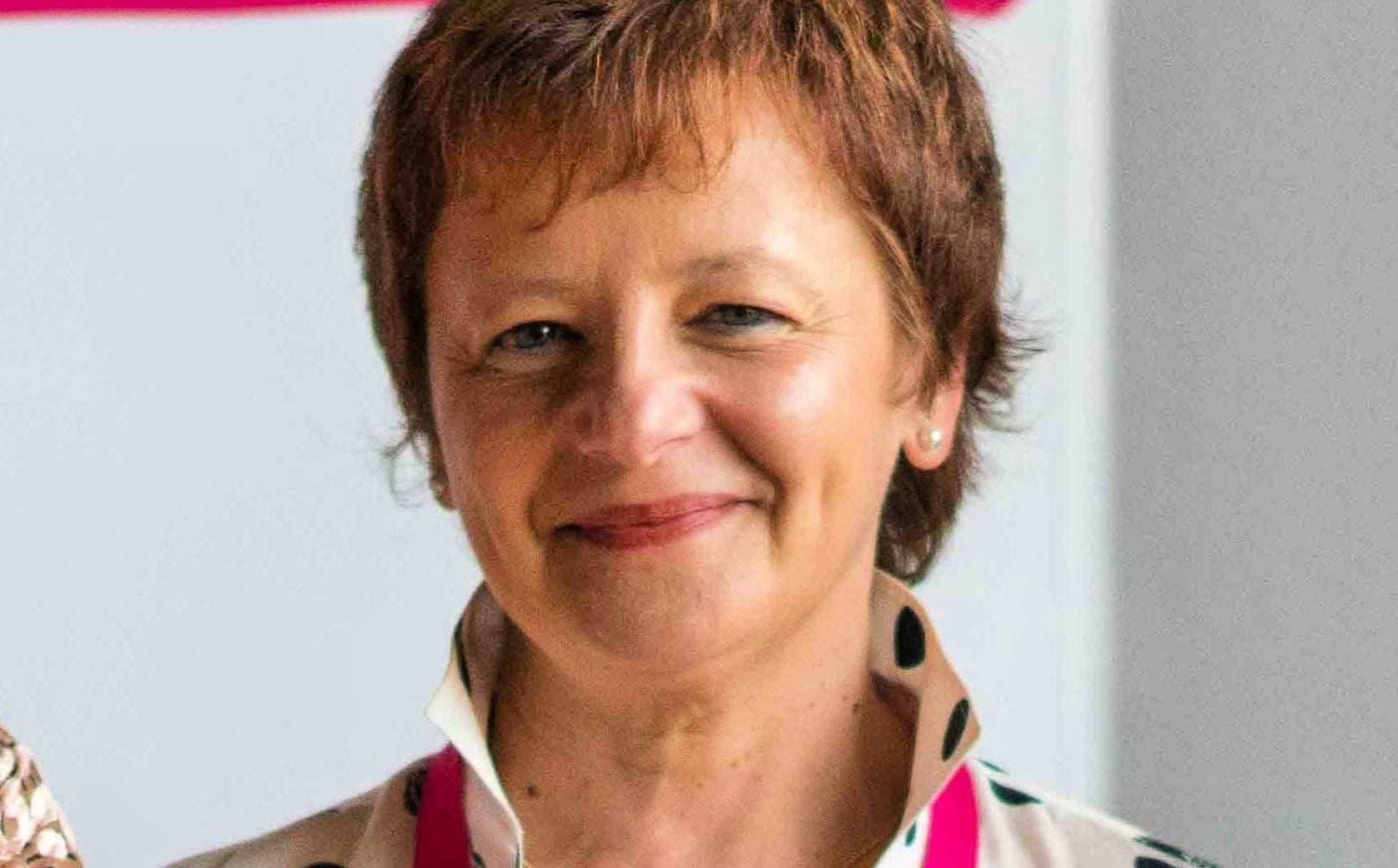
Anna Cane
“We reiterate the centrality of sensory analysis,” she added. “However, this method must be strengthened, and volatile compounds represent the ideal tool.”
Cane said the olive oil group spent years experimenting with a new analytical system to determine volatile compounds in extra virgin olive oils.
“Assitol created an ad hoc task force, made up of different companies,” she said. “It evaluated the application of this dosing system on samples of different cultivars and campaigns [crop years], also exchanging views with the researchers of the Oleum project.”
“Our survey shows that this is the most appropriate system to complement sensory analysis for the classification of olive oils,” she added. “Therefore, we think that it is necessary to validate as soon as possible a method at an institutional and international level.”
Communication is another priority of the group that has been committed to raising awareness among consumers for some years.
One of the latest initiatives, in collaboration with the National Consumers Union, is the guide‘A treasure to preserve,’ which educates consumers about how to choose and store the best extra virgin olive oils and what sets the extra virgin olive oil apart from the other grades of olive oil.
Assitol emphasized that a better knowledge of the product helps to reduce wastefulness and save money.
“Well-informed consumers make better choices in terms of quality,” Cane said. “Yet, too often, they find themselves in front of a click-bait narrative that magnifies scandals and is only capable of pillorying, while not investigating nor informing seriously.”
“Nevertheless, the olive oil industry is almost totally built on positive elements: just think about its role in the economy of countries and the extraordinary health properties of extra virgin olive oil,” she added.
“We intend to strengthen our dissemination activity, carrying out an operation of truth, which promotes this world full of stories of commitment and excellence,” Cane concluded.


